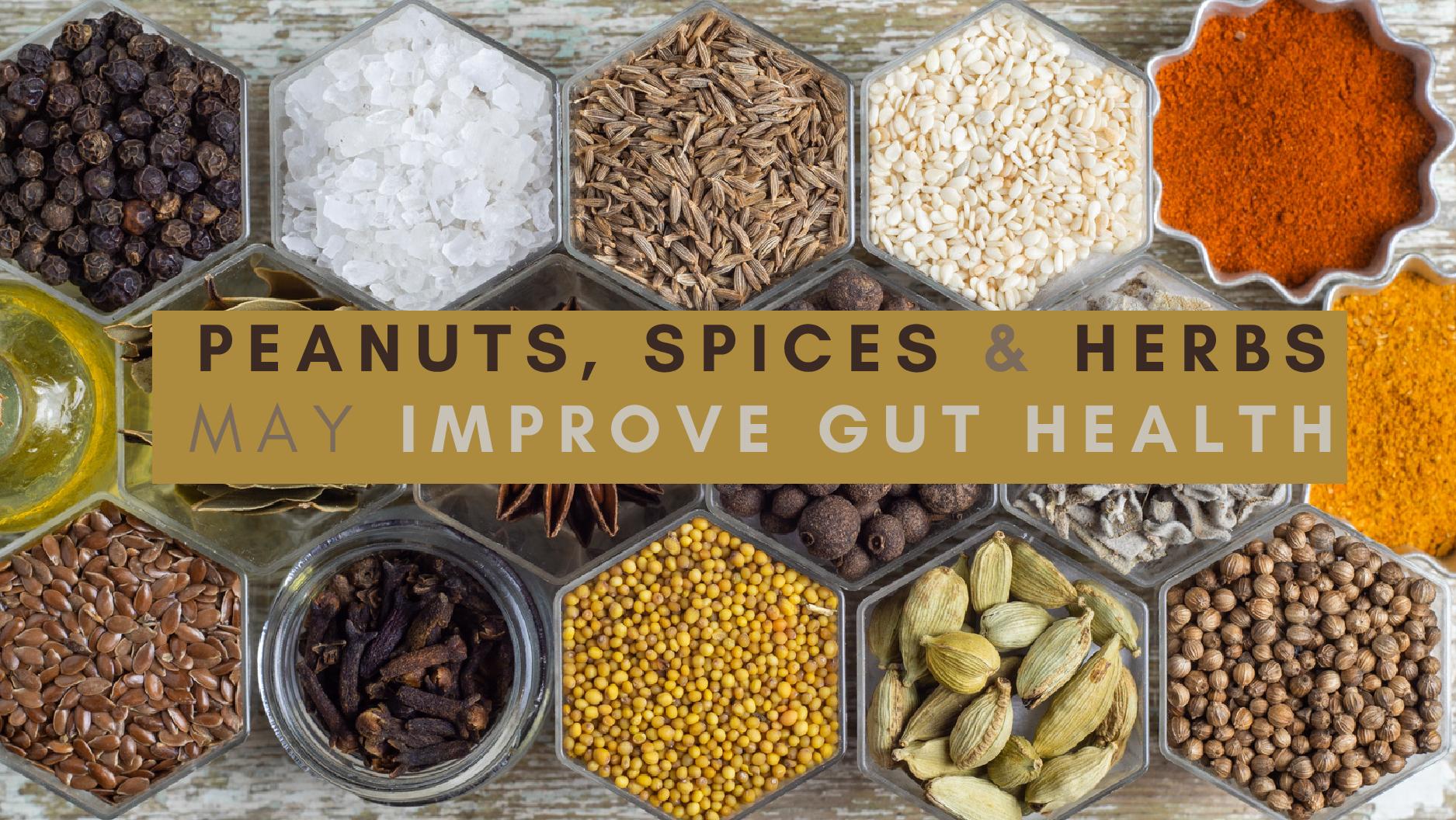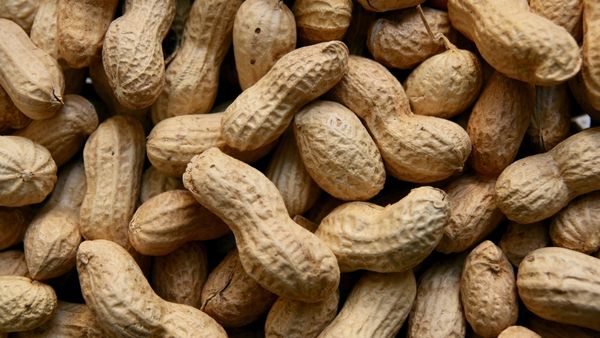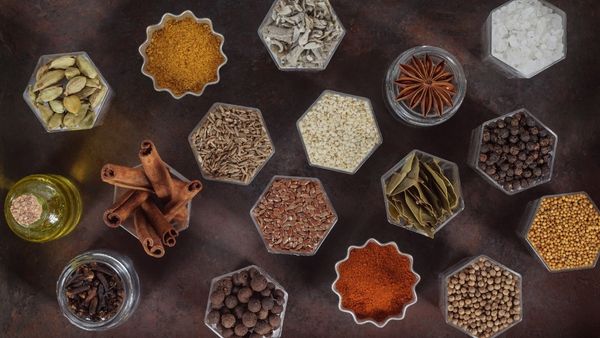Just In
- 2 hrs ago

- 6 hrs ago

- 9 hrs ago

- 10 hrs ago

Don't Miss
- Movies
 Tillu Square OTT Release Date Fixed: When & Where To Watch Siddhu Jonnalagadda's Super Hit Latest Crime-Comedy
Tillu Square OTT Release Date Fixed: When & Where To Watch Siddhu Jonnalagadda's Super Hit Latest Crime-Comedy - News
 Lok Sabha Election 2024: Polling Underway For Two LS Seats And 50 Assemblies In Arunachal Pradesh
Lok Sabha Election 2024: Polling Underway For Two LS Seats And 50 Assemblies In Arunachal Pradesh - Finance
 Black Friday For Market? Sensex & Nifty Decline For The 5th Straight Day Amidst Rising Geopolitical Tensions
Black Friday For Market? Sensex & Nifty Decline For The 5th Straight Day Amidst Rising Geopolitical Tensions - Technology
 TSMC's Global Expansion Could Drive Up Chip Costs, Making Tech More Expensive
TSMC's Global Expansion Could Drive Up Chip Costs, Making Tech More Expensive - Automobiles
 Suzuki Motorcycle India Achieves Production of Over 8 Million Two-Wheelers
Suzuki Motorcycle India Achieves Production of Over 8 Million Two-Wheelers - Sports
 IPL 2024: 'It was his idea only' - Rinku Singh reveals Gautam Gambhir's masterstroke with Sunil Narine move
IPL 2024: 'It was his idea only' - Rinku Singh reveals Gautam Gambhir's masterstroke with Sunil Narine move - Education
 Karnataka SSLC Result 2024 Soon, Know How to Check Through Website, SMS and Digilocker
Karnataka SSLC Result 2024 Soon, Know How to Check Through Website, SMS and Digilocker - Travel
Telangana's Waterfall: A Serene Escape Into Nature's Marvels
Love Peanuts? Like Spicy Foods N Herbs? In 1 Month, It Can Improve Gut Health
So looks like spicy foods can improve your gut health (?) Very conflicting, right? But it's scientifically true. After just 4-6 weeks of consumption, researchers conducted two studies investigating the effects of peanuts, herbs, and spices on gut bacteria diversity. They found that all three ingredients resulted in an increase in gut bacteria diversity [1][2].
Yeap, peanut, herbs and spices helped improve the respondents' gut health. Read how peanuts, herbs and spices can positively impact your gut health here:

The Spice And Herb Study:
Point 1: During the study, 54 adults with a mean age of 45 were recruited. All participants had obesity or overweight and at least one other cardiovascular risk factor, such as elevated glucose levels or triglycerides [3].
Point 2: The researchers provided 48 participants with the same diet for four weeks alongside one of three doses of spices and herbs: 0.5g per day, 3.3g per day, or 6.6 grams per day. There was a two-week 'washout' period between the consumption of all three quantities of herbs and spices.
Point 3: The spices used were cinnamon, ginger, cumin, turmeric, rosemary, oregano, basil, and thyme.
Point 4: Researchers found that subjects who consumed either 3.3 grams or 6.6 grams of herbs or spices per day increased their Ruminococcaceae bacteria levels. Those who consumed the highest amounts of herbs and spices had the highest levels of Ruminococcaceae bacteria.
Note: Ruminococcaceae are anaerobic bacteria found in the mucosa of healthy individuals' colonic mucosa (stomach lining) [4].

The Peanut Study:
Point 1: Researchers recruited 50 overweight or obese adults with elevated fasting glucose levels for the peanut study.
Point 2: Participants were instructed to consume 28 grams of peanuts or crackers and cheese every evening as a snack.
Point 3: The researchers found that those who ate peanuts had higher levels of Ruminococcaceae bacteria in their faecal samples than those who ate crackers and cheese. In addition, the researchers found that individuals who ate peanuts also had significantly higher levels of Roseburia bacteria, which is associated with weight loss and reduced glucose tolerance [5].
The Results:
Ruminococcaceae is thought to increase bacteria that produce butyrate, a short-chain fatty acid that, when produced in higher levels, may help control appetite, balance energy levels, and improve blood sugar levels.
Peanuts: Apart from providing protein and healthy fats, peanuts also provide fiber. Fiber is a food source for bacteria in the gut. More fiber in the diet increases the diversity of bacteria in the gut.
There is evidence that polyphenols in peanuts, herbs, and spices promote health in a variety of ways, such as reducing cancer risk and lowering inflammation. It may be that they do so through changes in the gut microbiome [6][7].

Herbs and spices: Herbs and spices, for example, are believed to provide food or help to create an environment in the gut that supports the growth of a greater variety of bacteria due to their polyphenolic compounds, a chemical compound found in herbs, spices, and also foods such as dark chocolate, wine, grapes, berries, and cherries [8].
There is currently no clear understanding of how peanuts and herbs might increase gut microbiome diversity.
On A Final Note...
Researchers concluded that peanuts, herbs, and spices could increase the abundance of certain gut bacteria when added to the diet in small quantities.
-
 nutritionNutritional Benefits: Peanut Butter VS Almond Butter VS Cashew Butter
nutritionNutritional Benefits: Peanut Butter VS Almond Butter VS Cashew Butter -
 nutrition6 Reasons Why Spicy Foods Are Good For You
nutrition6 Reasons Why Spicy Foods Are Good For You -
 wellnessThese Are The Reasons Why You Crave Spicy Foods!
wellnessThese Are The Reasons Why You Crave Spicy Foods! -
 recipesMurgh Musallam Recipe – Mughlai Style Chicken Curry – Chicken Recipe
recipesMurgh Musallam Recipe – Mughlai Style Chicken Curry – Chicken Recipe -
 recipesBraised Mutton Curry Recipe | Mutton Masala Recipe
recipesBraised Mutton Curry Recipe | Mutton Masala Recipe -
 baked grilled snacksSpicy Boiled Potato Cups Recipe
baked grilled snacksSpicy Boiled Potato Cups Recipe -
 wellnessHarmful Effects Of Too Hot And Spicy Food
wellnessHarmful Effects Of Too Hot And Spicy Food -
 wellnessKatrina Kaif’s Gut-Friendly Formulas For Anyone With A Bloated Tummy
wellnessKatrina Kaif’s Gut-Friendly Formulas For Anyone With A Bloated Tummy -
 healthWalnuts For Heart Health: How Many A Day Can Benefit Your Heart?
healthWalnuts For Heart Health: How Many A Day Can Benefit Your Heart? -
 nutritionTomatoes Are Really Good For Your Gut Health: Here’s Why
nutritionTomatoes Are Really Good For Your Gut Health: Here’s Why -
 wellnessSevere Covid-19 Disrupts Gut Health, Study Finds
wellnessSevere Covid-19 Disrupts Gut Health, Study Finds


 Click it and Unblock the Notifications
Click it and Unblock the Notifications



